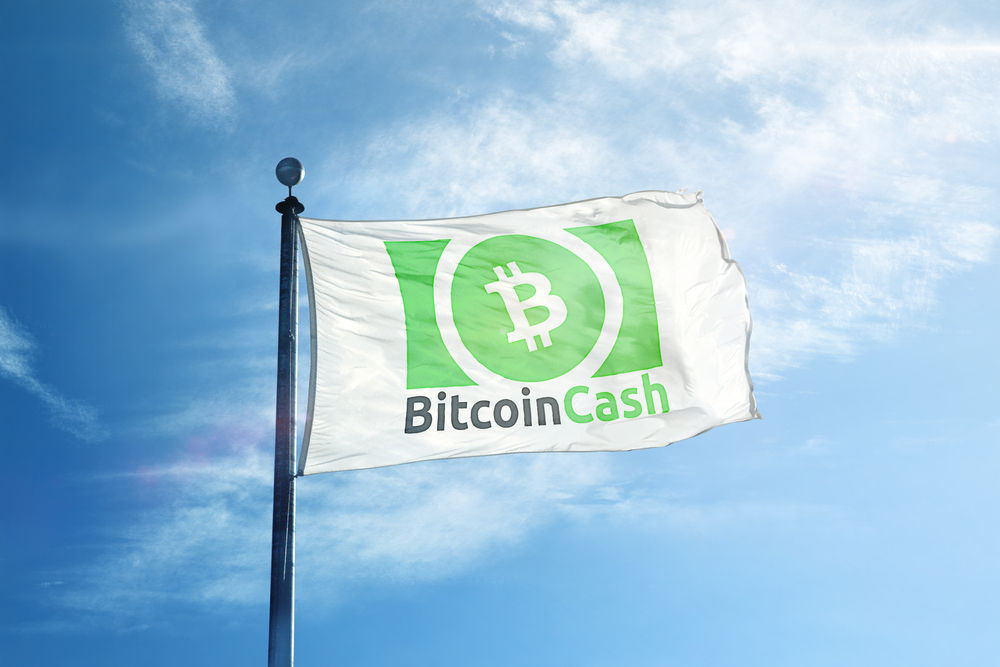Since Bitcoin Cash got listed on the newly launched digital asset platform EDX Markets about a week ago, it has been rallying. Over the last 24 hours, the crypto asset has increased by 67% to become the biggest gainer among the top 100 cryptocurrencies by market capitalization.
By comparison, Ethereum and Bitcoin recorded gains of 4% and 2.6% during the same timeframe, according to data from CoinMarketCap.
BCH isn’t the only crypto asset to have been listed on EDX Markets. Others include Litecoin, Bitcoin, and Ethereum. LTC, in particular, has grown by more than 24% in the last 24 hours.
According to the CEO of EDX Markets, Jamil Nazarali, the decision to list the four digital assets was fueled by the belief that they are not securities and, therefore, won’t be targeted by the United States Securities and Exchange Commission (SEC). Since January, the Gary Gensler-led agency has charged several companies with offering unlicensed securities.
Before June 20, Bitcoin Cash was trading between $103 and $160. However, the coin is now priced at $302 for the first time since June 2022.
Bitcoin Cash Trading Volume Surges on Various Exchanges
Crypto research company, The Tie, reported on Friday that the Bitcoin Cash trading volume on the world’s largest crypto exchange, Binance, had hit levels not achieved in the past two years. Also, the coin’s trading volume on Upbit, a South Korean-based exchange, increased to $684 million, twice the one on Binance and higher than the trading volume of Bitcoin on US-based exchange Coinbase, which was at $507 million yesterday.
Is Short Squeeze Behind the BCH Price Increase?
While the growth in trading volume shows traders’ active participation in the market, Coinglass data suggests that the upward movement is partly fueled by a short squeeze. But what is it? A short squeeze is a scenario where a token’s price increases as traders who initially bet against the price are made to purchase the crypto asset at a loss to avoid being liquidated.
Coinglass reports that in the past 24 hours, price volatility has led to liquidations amounting to over $19.5 million. The short orders account for 75% of that figure.
